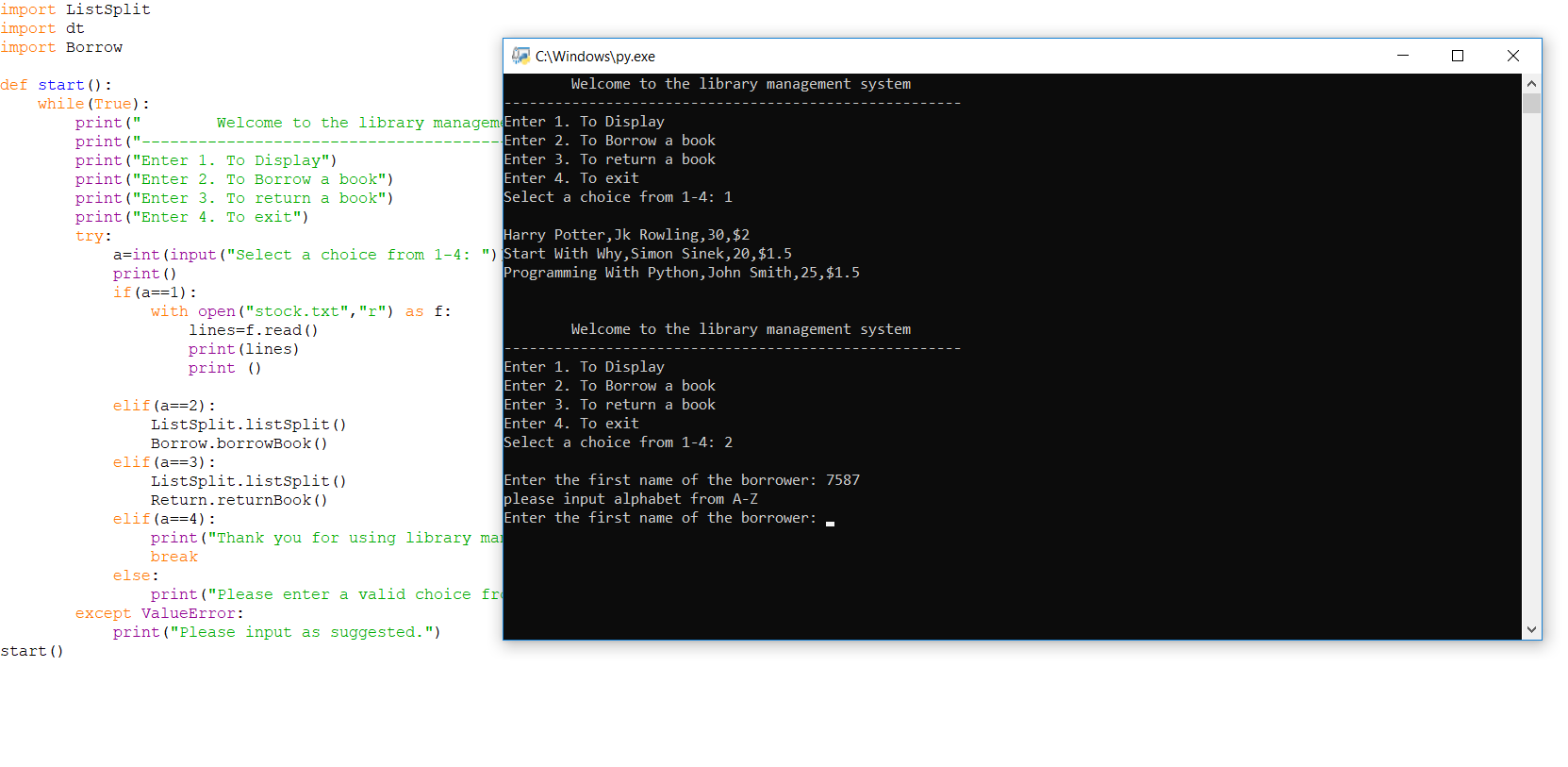

#MUCOMMANDER SOURCE CODE MAVEN ANDROID#
Achieving Accuracy and Scalability Simultaneously in Detecting Application Clones on Android Markets. In Proceedings of the 29th IEEE International Conference on Software Maintenance, pages 280-289, 2013. The Evolution of Project Inter-dependencies in a Software Ecosystem: The Case of Apache. In Proceedings of the International Workshop on Software Clones, pages 60-61, 2013.


Assessing Cross-Project Clones for Reuse Optimization. Arbitrary remote code execution with InvokerTransformer, 2015. Our method reports a list of original components whose precision and recall are 0.998 and 0.997. The Software Bertillonage technique reports many candidates the precision and recall are 0.357 and 0.993, respectively. To compare the method with the existing technique, we have conducted an evaluation using randomly created jar files including up to 1,000 components. More concretely, given a Java product and a repository of jar files of existing components, our method selects jar files that can provide Java classes to the product in a greedy manner. In this paper, we propose a method to automatically select the most likely origin of components reused in a product, based on an assumption that a product tends to include an entire copy of a component rather than a partial copy. Although the technique can extract candidates of reused components, a user still has to manually identify the original components among the candidates. Since such a list is not always available, a code comparison technique named Software Bertillonage has been proposed to test whether a product likely includes a copy of a particular component or not. To assess potential risks, such as security vulnerabilities and license violations, a list of components and their versions in a product is important for release engineers and security analysts. A software product is often dependent on a large number of third-party components.


 0 kommentar(er)
0 kommentar(er)
